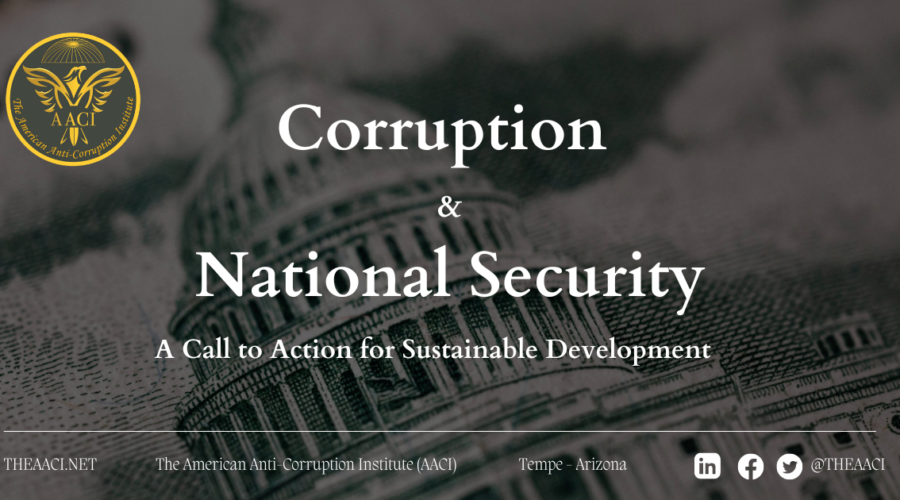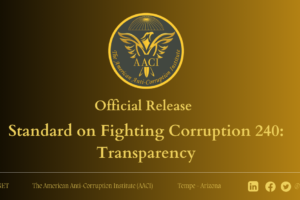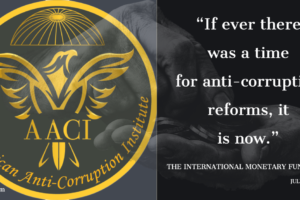Technical staff;
August 19, 2024
Corruption is not merely a domestic issue confined within a country’s borders; it directly impacts national security and extends its reach into neighboring nations. The intricate ties between corruption and security threats make it imperative for every nation to address this issue with unwavering determination. In countries that have ratified the United Nations Convention Against Corruption (UNCAC), the obligation to combat corruption is not optional—it is a matter of survival and stability.
A corrupt government not only endangers its citizens but also poses a significant risk to regional security.
When corruption infiltrates the fabric of a society, it erodes trust in public institutions, weakens governance, and creates fertile ground for criminal enterprises and extremist groups to thrive. These consequences are not contained within a single nation. A corrupt government not only endangers its citizens but also poses a significant risk to regional security. Corruption facilitates the illicit flow of arms, drugs, and human trafficking across borders, destabilizing entire regions and undermining efforts to establish lasting peace and security.
The fight against corruption is a collective responsibility that requires the active participation of all stakeholders, including government bodies, civil society, the private sector, and the media. Each group has a role to play in building a transparent and accountable society. Government agencies must enforce strict anti-corruption measures, while the private sector should implement robust internal controls to prevent corrupt practices. Civil society organizations and the media must remain vigilant, holding power to account and ensuring that the fight against corruption remains a priority.
However, fighting corruption is not solely about enforcing laws and punishing wrongdoers. It is about creating an environment where transparency and integrity are the norms. A nation that fails to combat corruption effectively will inevitably falter in its pursuit of sustainable development. Corruption diverts resources away from essential public services, hinders economic growth, and exacerbates inequality. In contrast, a corruption-free society fosters economic stability, encourages foreign investment, and promotes equitable development.
Sustainable development cannot be achieved in the absence of a comprehensive and effective anti-corruption strategy. Nations that are serious about their future must recognize that the fight against corruption is not an isolated battle but a fundamental aspect of securing national and regional security. By addressing corruption head-on, we lay the foundation for a safer, more prosperous world.
Photo by Karolina Kaboompics: https://www.pexels.com/photo/image-of-old-building-on-american-banknote-4386157/











































